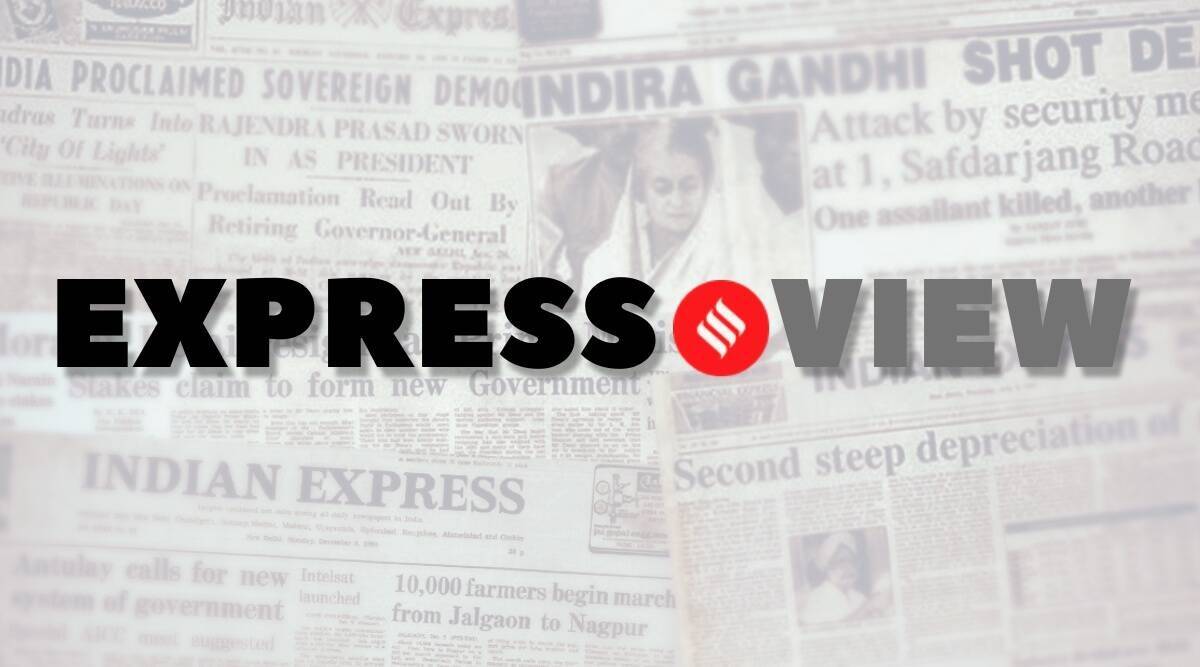Opinion AAP govt in Punjab is accused of remote control by Delhi. New advisory panel seems to confirm fears
Given that the AAP has national ambitions and has set its sights on other states such as Himachal Pradesh and Gujarat, which will go to polls later this year, apart from neighbouring Haryana, this is a conundrum for Kejriwal.
 Given its ambitions to win both Punjab and Haryana with their conflicting interests, the party is faced with a piquant position.
Given its ambitions to win both Punjab and Haryana with their conflicting interests, the party is faced with a piquant position. The Bhagwant Singh Mann government’s move to appoint Rajya Sabha MP Raghav Chadha, until recently a legislator from a Delhi seat, as head of a temporary advisory panel, appears to give credence to the oft-repeated charge that the new Punjab government is being remote-controlled by Delhi. The Opposition is predictably crying itself hoarse against this appointment, and with more than a little rhetorical excess, comparing it to the British resident foisted upon the erstwhile princely state of Punjab by the East India Company. Any form of control by Delhi is considered anathema in a fiercely independent state that has historically challenged the “Dilli sarkar” even after independence, and demanded greater federalism.
The AAP’s inability to win in the 2017 assembly polls despite drawing large crowds was blamed largely on the pre-eminence of party supremo Arvind Kejriwal and the absence of a local chief ministerial face in the poll campaign. The party brought in the required course correction in the election earlier this year by announcing Bhagwant Singh Mann as its CM face — after a phone-in poll that gave an overwhelming response to his candidature — and won a sweeping mandate. Alive to the force of public sentiment in favour of a leader from Punjab, Kejriwal stayed in the background when Mann was sworn in as chief minister, and Chadha who was active during the election campaign, retreated into the background. But with Mann dashing to Delhi before ministerial appointments, there were again murmurs of string-pulling by the AAP supremo. Barely had these piped down that the government has announced the temporary panel.
Given that the AAP has national ambitions and has set its sights on other states such as Himachal Pradesh and Gujarat, which will go to polls later this year, apart from neighbouring Haryana, this is a conundrum for Kejriwal. While the “Delhi model” may be the USP of the party and it may also have worked for it in Punjab, governance by Delhi may not go down well in the states, among regional leaders or the people. The party will have to strike a delicate balance between its eagerness to administer a state in what it thinks is the best way, and the aspirations of its local leaders and the people. Given its ambitions to win both Punjab and Haryana with their conflicting interests, be it on the issue of the Sutlej Yamuna Link canal or Chandigarh, the party is faced with a piquant position. It must tread with caution or risk upsetting a state that is known to love and rebel with an equal passion.
This editorial was first filed in the print edition on July 13, 2022 under the title ‘Chandigarh tightrope’.


